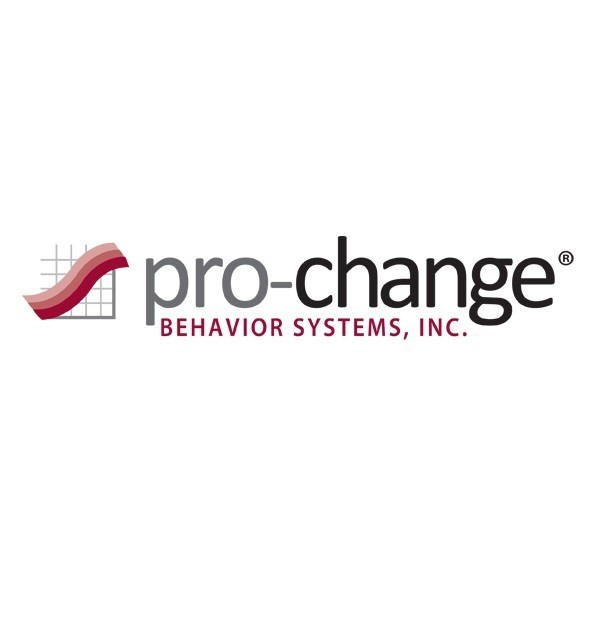SOUTH KINGSTOWN — Behavioral influence company Pro-Change Behavior Systems Inc., has been named lead research analyst in a Health Enhancement Research Organization study of the link between employer well-being practices and workforce turnover.
In the HERO Scorecard Retention and Engagement Study, Pro-Change will examine six domain scores on the “HERO Health and Well-Being Best Practices Scorecard in Collaboration with Mercer” as predictors of outcomes related to retention rates and perceived organizational support for the more than 800 companies who have completed the HERO Scorecard between 2014 and 2017.
The HERO Scorecard is a free, online tool for employers of all sizes that allows them to assess their wellness program initiatives based on a defined set of industry best practices for improving employee well-being. The tool was developed through a collaborative effort between HERO and Mercer.
Companies that complete the scorecard receive a score for each best practice area, as well as a cumulative score. They also can access national benchmarking data to see how their program compares to other organizations completing the Scorecard.
According to Jessica Grossmeier, vice president of Research for HERO, earlier research demonstrated a correlation between companies that perform well on the HERO Scorecard and those that demonstrate strong financial performance, as well as a connection between best practices and healthcare costs. More recent analyses conducted by Mercer, identified a relationship between HERO Scorecard scores and employer-reported turnover rates.
Some of the best practice areas defined in the scorecard which may be measured in the study include:
- a company mission/vision statement that supports a healthy workplace culture;
- senior leaders who consistently articulate the value and importance of health;
- the presence of policies that support employee health and well-being;
- a built environment that supports well-being;
- senior leaders who support well-being;
- employee involvement in decisions about well-being program content;
- use of wellness champion networks to support well-being programs; and
- support for mid-managers and supervisors in attempts to improve well-being.
Pro-Change was invited to respond to a competitive Request for Proposals to join the study in October, 2017, and was selected via peer review, said Sara Johnson, co-president and CEO of Pro-Change.
“We are thrilled to be joining this esteemed group of collaborators to examine which specific best practices are most predictive of turnover and perceived organizational support. The results of this study will have important practical implications for employers and health promotion practitioners” said Johnson.
Rob Borkowski is a PBN staff writer. Email him at Borkowski@PBN.com.












